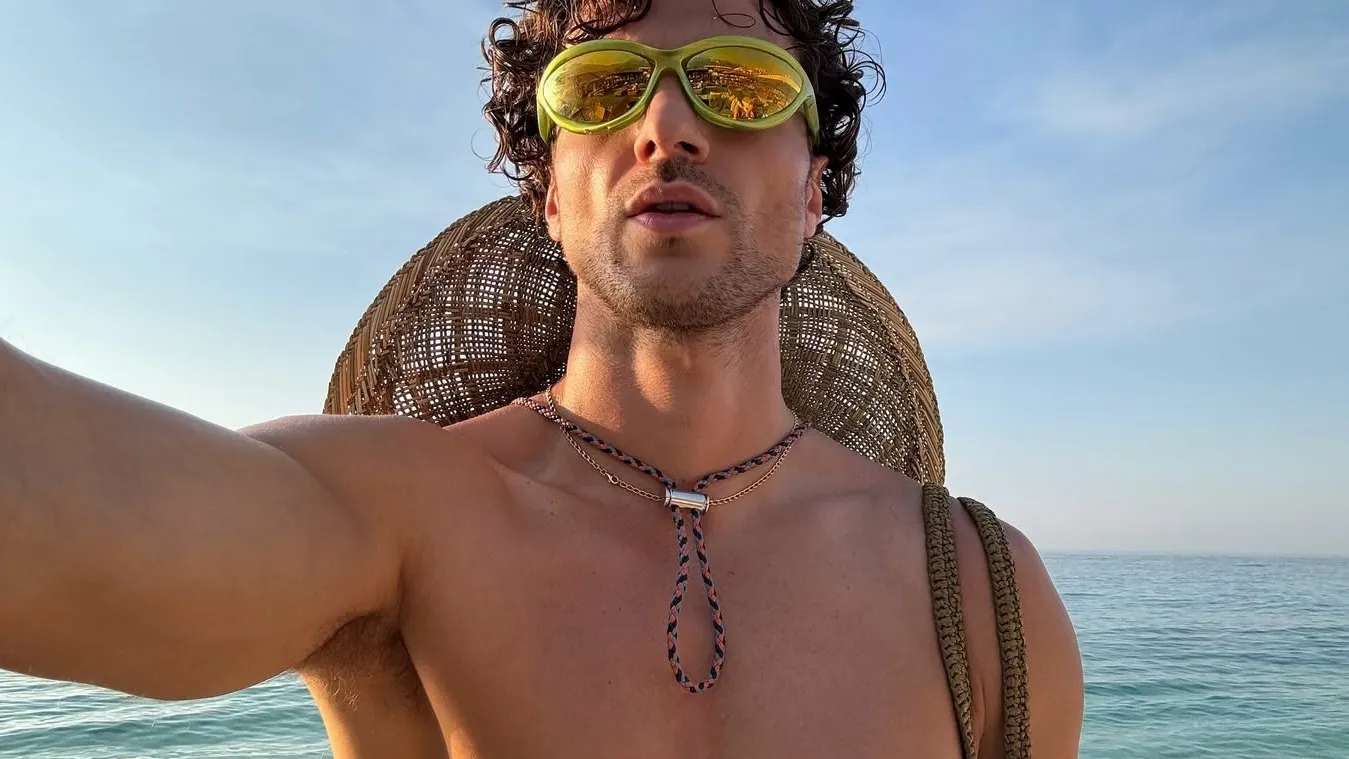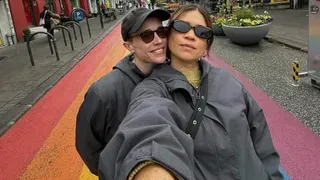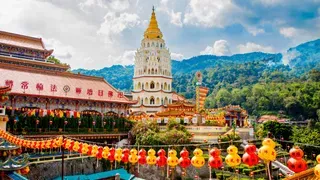January 30, 2011
Policy Change on Travel to Cuba Offers New Opportunities
Robert Doyle READ TIME: 3 MIN.
SAN FRANCISCO, January, 2011 - The Obama administration's January 14 announcement that it is lifting some government-imposed restrictions on travel to Cuba for several categories of U.S. citizens -including college students, people engaged in journalism, and those sponsored by religious organizations - represents a new opportunity for a wider segment of Americans to learn about Cuba firsthand.
Under the new policy, which is still being finalized, students from accredited colleges and universities will be able to travel to Cuba on what is known as a "general" license, meaning they don't have to seek individual permission from the government as long as they meet certain criteria that are still being determined. This also applies to Americans traveling there for "journalistic activities" or under the auspices of religious groups.
In addition, non-profit organizations such as Global Exchange will once again be able to apply to the Treasury Department for a license to arrange "people to people" travel to Cuba, which it did through its Reality Tours program from 2000 to 2004.
In 2004, however, the Bush administration restricted the number of Americans allowed to travel to Cuba to a handful of specific professions, such as full-time journalists and academics. Despite various government restrictions, more than 15,000 people have traveled to Cuba as part of a Reality Tours trip in the past 22 years.
"About half of the roughly 90 trips we arrange each year are to Cuba, including our most popular series called 'Cuba at the Crossroads', which allowed Americans who wouldn't have qualified to travel to Cuba under a 'professional' license to see the country for themselves," said Malia Everette, director of the Reality Tours program. "Those trips enabled them to experience everyday life in Cuba under the effects of the U.S. embargo, and see how it is transitioning into a more dynamic and sustainable society."
The Bush administration's 2004 policy prohibited undergraduate students from traveling to Cuba unless they were participating in one of a handful of college-administered programs that lasted an entire semester.
Under the new policy, they will be able to travel on school-sponsored trips as short as a week. Similarly, graduate students will no longer have to wait months to obtain a "specific" license for travel related to their masters thesis or doctoral dissertation - a request that was sometimes denied.
The U.S. remains the only nation in the world that denies its citizens the right to travel freely to Cuba. , members of President Bush's so-called "axis of evil", to which Reality Tours also organizes trips.
"The new regulations give our Reality Tours participants new options for much-needed exchange between the people of the U.S. and Cuba," said Walter Turner, president of Global Exchange's board of directors. "But while we appreciate this opening, it still doesn't fully recognize the right of ordinary U.S. citizens to travel to Cuba freely, as they can do to any other nation, to learn about the world. If we're going to promote human rights abroad, we need to respect the rights of our own citizens here at home."
For more information about traveling to Cuba, including the resumption of the popular "Cuba at the Crossroads" series, or on trips to more than 30 other countries around the world, visit www.realitytours.org. For information on Global Exchange's other programs and activities, visit www.globalexchange.org.
Long-term New Yorkers, Mark and Robert have also lived in San Francisco, Boston, Provincetown, D.C., Miami Beach and the south of France. The recipient of fellowships at MacDowell, Yaddo, and Blue Mountain Center, Mark is a PhD in American history and literature, as well as the author of the novels Wolfchild and My Hawaiian Penthouse. Robert is the producer of the documentary We Are All Children of God. Their work has appeared in numerous publications, as well as at : www.mrny.com.





